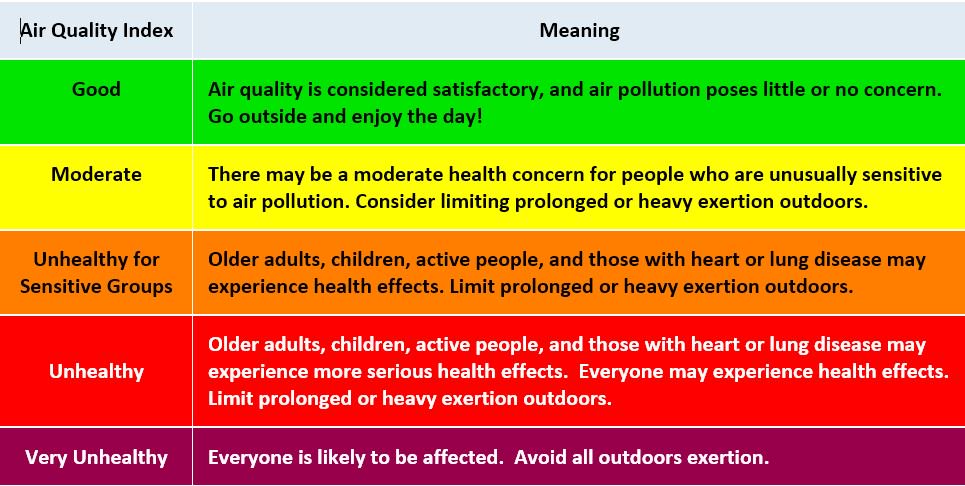What does air quality mean? How is AQI calculated? He would support a plan to improve air quality in a smog-filled city on the grounds that it would improve human health along with the natural environment. The term “air quality” means the state of the air around us. Good air quality refers to clean, clear, unpolluted air.
Clean air is essential to maintaining the delicate balance of life on this planet — not just for humans, but wildlife, vegetation, water and soil. Air quality synonyms, Air quality pronunciation, Air quality translation, English dictionary definition of Air quality. The air is fresher in the mountains. Not to be confused with: err – be mistaken or. Good or clean air is needed for optimum health for humans, animals and vegetation.
Air quality can be compromised in industries, such as shipping ports, where diesel and fossil fuels are readily used. If air quality is greatly compromise this poses a risk to human health. Air Quality Definitions Acid precipitation or acid rain: Water falling in drops condensed from vapor in the atmosphere with acidic qualities.
Air quality is considered satisfactory, and air pollution poses little or no risk. Principal components typically include nitric and sulfuric acid with water vapor. The Air Quality Index is adjusted periodically to reflect these changes. At the boundary between AQI categories, there is a discontinuous jump of one AQI unit. While most of New York and New Jersey had what was rated moderate or unhealthy for sensitive groups, parts of Pennsylvania had unhealthy air.
A red air quality alert indicates it is starting to become dangerous for everyone. Purple and maroon air quality alerts—though rare—are extremely hazardous for all groups. Find out what they mean and why you should monitor their levels. PM) that have a diameter of less than 2. It tells you how clean or polluted your air is, and what associated health effects might be a concern for you.
Check today’s Air Quality Index. The AQI value for your community is between and 50. Definition of air quality standards: Limits on the quantity of pollutants in air , that are not to be exceeded during a given period in a defined area.
Air quality agencies measure all five pollutants with a monitor network nationwide. For major metropolitan areas, the measurements are converted to AQI values, and the pollutant with the highest AQI is reported daily. In North Carolina, you can hear daily AQI reports by calling 1-888-AIRWISE. The World Air Quality Index project has exercised all reasonable skill and care in compiling the contents of this information and under no circumstances will the World Air Quality Index project team or its agents be liable in contract, tort or otherwise for any loss, injury or damage arising directly or indirectly from the supply of this data.
Air pollution poses little or no risk. Oxford Dictionaries as The degree to which the ambient air is pollution-free, assessed by measuring a number of indicators of pollution. These example sentences show you how air quality is used. Any opinions in the examples do not represent the opinion of the Cambridge Dictionary editors or of Cambridge University Press or its licensors. A general term for the standards of air quality (concentration of pollutants for an average length of time) set by the Environmental Protection Agency or equivalent body in a particular country.
Outdoor air quality is a measure of the impact on the atmosphere of outdoor air pollution. Air Quality can be affected in many ways by the pollution emitted from these sources. An air pollutant is a material in the air that can have adverse effects on humans and the ecosystem. The substance can be solid particles, liquid droplets, or gases. A pollutant can be of natural origin or man-made.

Pollutants are classified as primary or secondary.
No comments:
Post a Comment
Note: Only a member of this blog may post a comment.